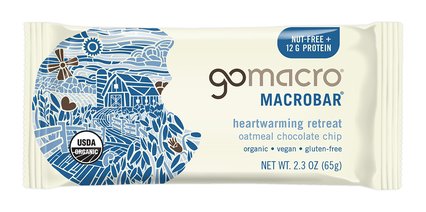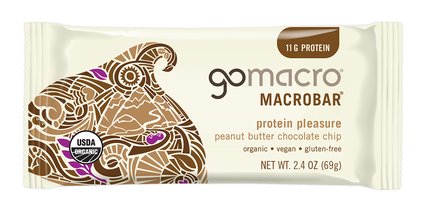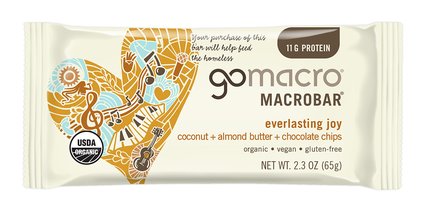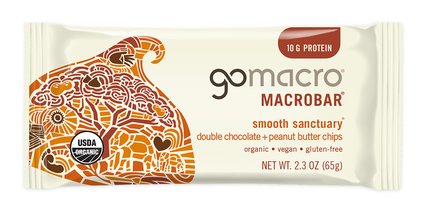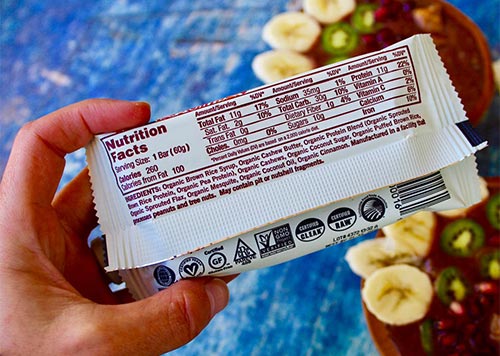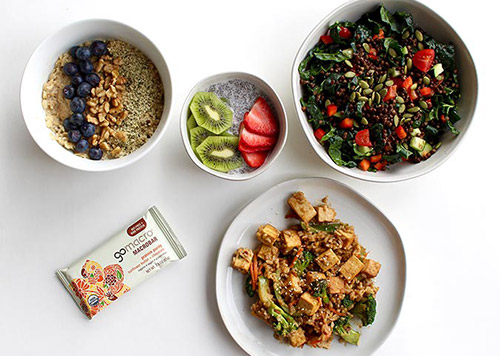How to Properly Recycle
Recycling has become more popular and widely adopted over the last several decades through infrastructure and awareness. However, there is a huge and growing problem that many people don’t recycle correctly. This may come as a surprise, but when you take a closer look, you’ll find many complicated rules when it comes to recycling. Some common recycling mistakes are evident (like throwing food into the recycling bin), while other times our faults aren’t so obvious, like tossing in a receipt from the grocery store (sadly non-recyclable). Here’s a few key guidelines to follow to become a recycling pro!
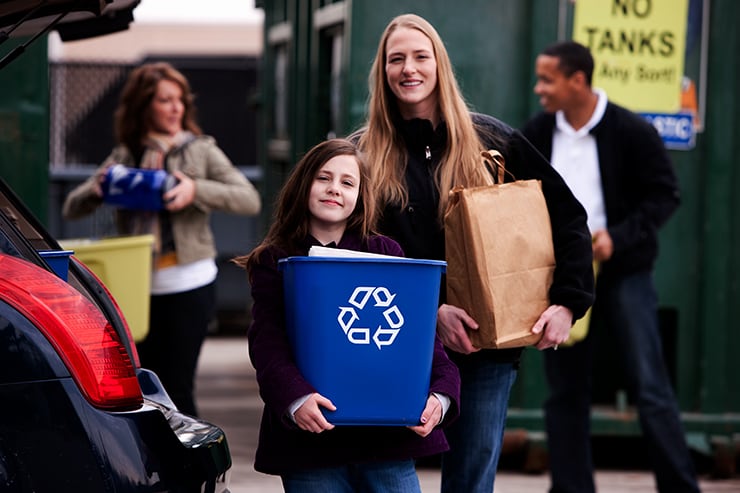
Study Up On What’s Recycled In Your Local Area
The first step is to check with your local recycling programs to make sure you understand their rules. Earth 911 is a great resource we love to use that allows you to put in your zip code to find a list of recycling centers near you and the materials they accept.
Most areas will recycle aluminum, steel and tin cans, cardboard, magazines, glass, office papers, paperboard, newspapers, and certain plastics (like jars, bottles, and jugs). Some municipalities will accept energy-efficient lightbulbs, batteries, and electronics. Double check with your community’s center before you put these in your recycle bin, as they might have specific pickup days, locations, or requirements.
Check and Disassemble
Know the recycling number codes on materials that are accepted in your community’s recycling center. Disassemble items in compliance with the recycling codes. Make sure to take the different components of packaging into consideration. For instance, a plastic bottle may be labelled a 1, while its cap may be a 6, which may not be recyclable in your area.
Absolute No-Go’s
Food-Contaminated Containers: Pizza boxes are among the most common offenders when it comes to contamination, alongside paper containers (like Chinese-food takeout boxes). The problem is that grease and oil often seep into the packaging, making it difficult to separate from the recyclable fibers.
Toothbrushes: They’re not recyclable; toss them! Consider using a bamboo brush alternative that easily decompose.
Plastic and Zip-Top Bags: While we might wish that plastic bags could be sent to processors with our other recycling, they shouldn’t be. They end up plugging machinery at facilities, creating a nightmare for waste managers. Some areas do offer plastic bag drop-offs, which send these plastic items to special facilities for recycling. You can research your local area to find these locations.
Styrofoam: Also known as polystyrene, Styrofoam of any kind cannot be recycled. This includes packing peanuts used in moving boxes, styrofoam coffee cups, containers, and coolers. Styrofoam takes over 500 years to biodegrade in a landfill, so try your best to limit your use of these products!
Mirrors: Although they’re in the glass family, mirrors are hard to recycle because of the coating used on the glass to make it reflective. To make matters worse, recycling mirror glass with regular glass will make the regular glass unusable. Try donating your mirror instead if it is still in one piece. If it's broken, the pieces make for great crafting materials!
Paper towels: Along with napkins, paper towels do not belong in the recycling bin. The reason: food particles will invade the recycling process and contaminate the entire batch of previously uncontaminated paper. The best way to dispose of these paper items are in the compost heap, where the organic material will eventually break down.
Clean Your Items
Wash applicable recyclables before you put them in the bin. Plastic containers that contained food will not be accepted unless they are thoroughly rinsed out. Even the smallest amount of oily residue left on containers deems them unrecyclable!
Don’t worry though, this doesn’t mean you need to break out the dish soap and a sponge in order to clean your items. All you need to do is fill the can, bottle, or container with water and swish the water around until a majority of the remaining contents are removed. That’s all there is to it!
However, for items that contained stickier substances (jelly, honey, peanut butter), take the extra few seconds to give it a quick scrub.
Seek Out Alternatives
We’ve all heard the saying - reduce, reuse, recycle. Becoming a recycling pro begins with reducing the amount of waste you produce. Start with saying no to the little things. Whether it's a business card at a meeting, a straw at a restaurant, or a plastic bag at the grocery store, recognize and deny waste - despite how small it may seem. One good trick is asking yourself the question, “Do I really need this?”, then seek out alternatives. Instead of taking a business card, go the paperless route and enter information straight into your phone. Rather than using a single use plastic straw, carry around your own metal straw for convenient use. Another great tip, leave tote bags in your car for groceries so you never forget them at home! You’d be surprised how quickly these waste-free alternatives become habitual.
Recycling Items That Aren’t Collected Curbside
For the items that your community recycling system doesn’t support, look into other options. Most hazardous materials, like batteries, paint, and fluorescent light bulbs require special disposal. With a quick Google search, you can find local collection centers or in-store recycling bins that will properly dispose of these items for you!
Re-Use Items That Can’t Be Recycled
You can get creative and re-use items such as corks, certain plastics, and other items your local system doesn’t collect curbside. With your accumulated wine corks, make an artsy keychain to keep track of your keys, or use another to safely store knives in your drawers. You can also reuse some to make a stylish wreath for your front door! As for plastic, extend your takeout containers life by using it as Tupperware for your lunch the next day. The key here is to get creative and discover the many simple ways you can repurpose your “trash”.
Research Company Recycling Programs
Check with the companies behind your go-to products to see what recycling or trade-in options they offer. At GoMacro, we have partnered with TerraCycle® to upcycle our MacroBar wrappers. Once collected, TerraCycle cleans and melts the wrappers into hard plastic that can be used to make new products such as park benches, playgrounds, and decking material.
Small Actions Add Up To Big Change
There are a ton of everyday choices you can make that can have a true impact on our environment; start small and watch your ripple spread. Do your research, challenge yourself to reduce your waste, and create a better tomorrow by preserving our planet. Your actions may seem small but add up to big change, and make all of the difference in the world!
